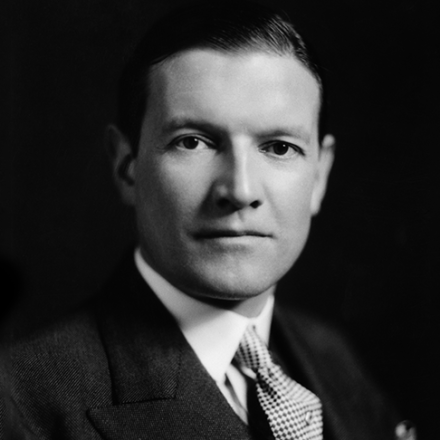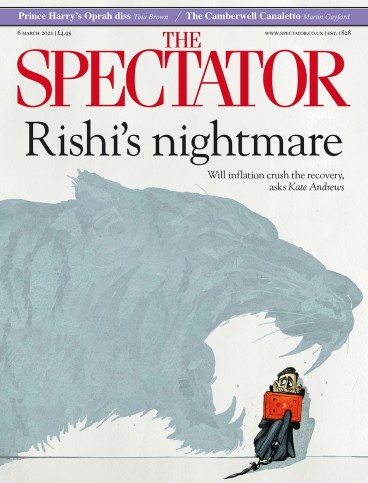Chips Channon’s diaries can read like a drunken round of Consequences
Most of the grander 20th-century diarists had a sniffy air about them, looking down their noses at everyone, particularly each other. Henry ‘Chips’ Channon, so snippety in his own diaries, was sniped at in others’. James Lees-Milne thought him ‘a flibbertigibbet’; to Nancy Mitford, he was ‘vain and spiteful and silly’. Kenneth Rose confided to









